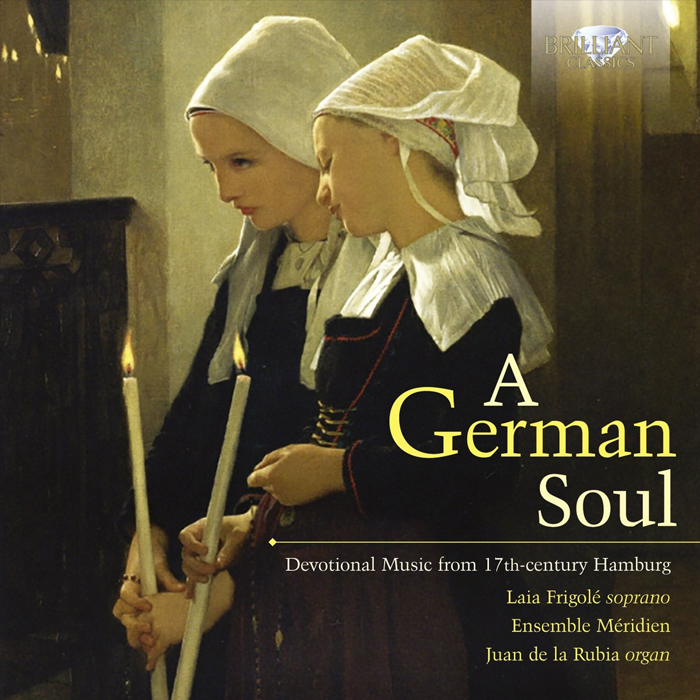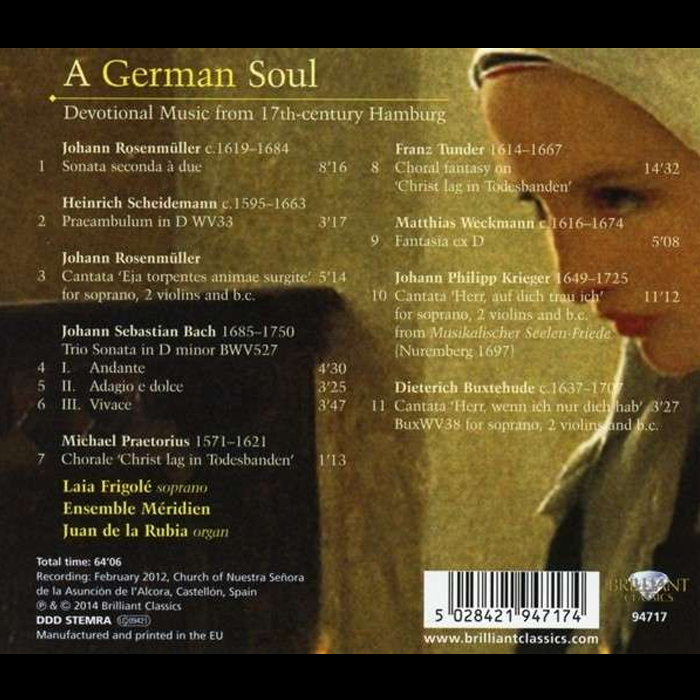Share This
Album at a Glance
Tags
Related Posts
A German Soul: Devotional Music from 17th-century Hamburg / Ensemble Méridien
Posted by Paul Ballyk on Aug 27, 2014 in Baroque | 0 comments
Subtitled Devotional Music from 17th-century Hamburg, A German Soul from Brilliant Classics is a varied program of instrumental, solo vocal and organ pieces dating, for the most part, from the early Baroque. The eight composers represented were all active in northern Germany at some point or another in their careers. Made in 2012, the recordings are all new and the audio engineering is of the extremely high standard we've come to expect of Brilliant Classics' new recordings.
Written at a time when the art of organ building and technical aspects of organ performance had reached an exceptional high point, the organ preludes and fantasies here form a generous portion of the program. There are works by Heinrich Scheidemann (c.1595-1663), Michael Praetorius (1571-1621), Franz Tunder (1614-1667) and Matthias Weckmann (c.1616-1674). Generally contemplative and free-flowing in nature, these pieces demonstrate an extensive array of performance techniques and practices of the time such as novel registrations, chromaticising of melodic lines, echo effects, imitation and pedal techniques. Organist Juan de la Rubia performs at the magnificent Organ of the Church of Nuestra Señora de la Asunción de l'Alcora in Spain.
The two instrumental pieces are Sonata seconda a due by Johann Rosenmüller (1619-1684) and the Trio Sonata BWV 527 by Johann Sebastian Bach (1685-1750), which incidentally is the most recent composition on the program. The period instrument group, Ensemble Méridien, play in strict accordance with accepted historical principles. You can hear them perform the last movement of Bach's trio sonata in the first of two samples from the album made available in the right sidebar. There are further album samples in the video below, supplied by Brilliant Classics.
The third leg of the program is made up of three brief cantatas for soprano, two violins and basso continuo by Johann Rosenmüller, Johann Philipp Krieger (1649-1725) and Dieterich Buxtehude (c.1637-1707). These works come from a time when the sacred cantata, based upon Italian secular models, was coming of its own in Germany. Thinly textured with only a few instrumental lines and one vocal part, the early Baroque cantata bears little resemblance to the many grand cantatas of the late Baroque, although composers did continue to write solo cantatas of a similar makeup. Laia Frigolé is the soprano soloist for each vocal number on the program. You can hear her singing a cantata by Dieterich Buxtehude in the second of two album excerpts in the right sidebar.
In all, this is a beautifully executed project that will appeal to any listener interested in exploring vocal, instrumental and organ rarities of the early Baroque.
This stylishly devised programme juxtaposes cantatas by Rosenmüller, Krieger and Buxtehude with instrumental chorales and sonatas by Scheidemann, Praetorius, Tunder and Weckmann; most of these now known, if at all widely, as forerunners to Bach rather than as fine musicians in their own right as they deserve to be. During the 17th and 18th centuries, Hamburg became a leading commercial port where material and cultural goods circulated freely. Ensemble Méridien has chosen this city as the focal point of a fascinating musical journey through northern Germany, a journey that reveals different aspects of this artistic power.
Source: Brilliant Classics
|
Johann Georg Rosenmüller, composer |
Johann Rosenmüller Johann Rosenmüller (1619 - 1684), was a German Baroque composer, who played a part in transmitting Italian musical styles to the north. |
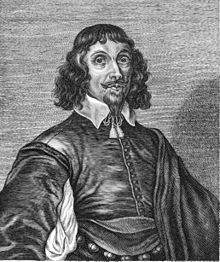 Heinrich Scheidemann, composer |
Heinrich Scheidemann Heinrich Scheidemann (1595 – 1663) was a German organist and composer. He was the best-known composer for the organ in north Germany in the early to mid-17th century, and was an important forerunner of Dieterich Buxtehude and J.S. Bach |
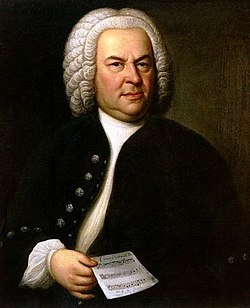 Johann Sebastian Bach, composer |
Johann Sebastian Bach Johann Sebastian Bach (1685 - 1750) was a German composer and musician of the Baroque period. He enriched established German styles through his skill in counterpoint, harmonic and motivic organisation, and the adaptation of rhythms, forms, and textures from abroad, particularly from Italy and France. |
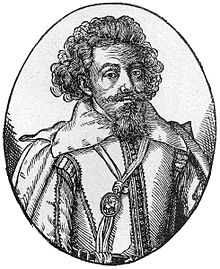 Michael Praetorius, composer |
Michael Praetorius Michael Praetorius (1571 – 1621) was a German composer, organist, and music theorist. He was one of the most versatile composers of his age, being particularly significant in the development of musical forms based on Protestant hymns, many of which reflect an effort to improve the relationship between Protestants and Catholics. |
|
Franz Tunder Franz Tunder (1614 – 1667) was a German composer and organist of the early to middle Baroque era. He was an important link between the early German Baroque style which was based on Venetian models, and the later Baroque style which culminated in the music of J.S. Bach; in addition he was formative in the development of the chorale cantata. |
|
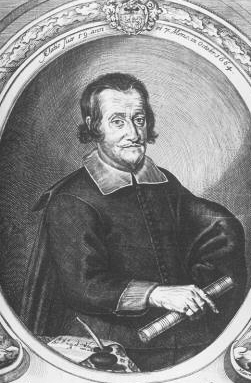 Matthias Weckmann, composer |
Matthias Weckmann Matthias Weckmann (c.1616–1674) was a German musician and composer of the Baroque period. Weckmann composed for the organ, choral variations and preludes, for the harpsichord, pieces that mix Italian and French influences, various sonatas for three or four instruments as well as orchestral and vocal sacred music. |
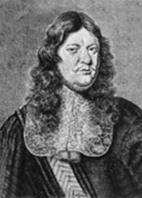 Johann Philipp Krieger, composer |
Johann Philipp Krieger Johann Philipp was a prolific composer and supplied the Weissenfels court with countless sacred and secular works, including some 2,000 cantatas, at least 18 operas, trio-sonatas, etc. He also had numerous works by other composers performed at the court, and kept a catalogue of every piece he performed. He actively published his own music: a set of trio sonatas appeared in 1688, to be followed by another, then a collection of music for wind instruments, etc. Unfortunately, numerous works were lost: for instance, of the 2,000 cantatas only 76 are extant. |
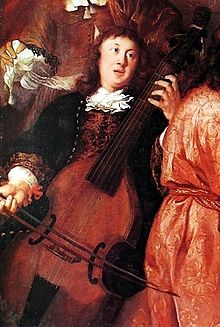 Dietrich Buxtehude, composer |
Dietrich Buxtehude Dieterich Buxtehude (1637/39 – 1707) was a Danish-German organist and composer of the Baroque period. His organ works represent a central part of the standard organ repertoire and are frequently performed at recitals and in church services. |
 Laia Firoglé, Soprano |
Laia Frigole She began her vocal studies under Titon Frauca and, compelled by her interest in performing early music, she specialised in Cant Històric at the Escola Superior de Música de Catalunya in 2009, where she was taught by Martha Almajano. She has been studying under mezzo-soprano Mireia Pintó since then. In 2007 and 2008, she was awarded a scholarship by the Victoria de los Ángeles Foundation. In 2014, she was awarded a “Bach Prize” by Bach Zum Mitsingen. Laia has participated in masterclasses with singers who specialise in early music. |
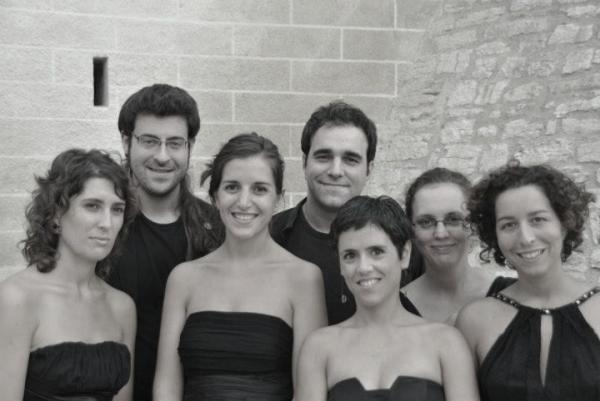 Ensemble Méridien |
Ensemble Meridien Formed in 2007, the Ensemble Méridien is born in Barcelona with the purpose of performing music from the 17th and 18th centuries using contemporary tools from the 20th century to bring early music closer to the audiences. http://www.ensemblemeridien.org/#!__english
|
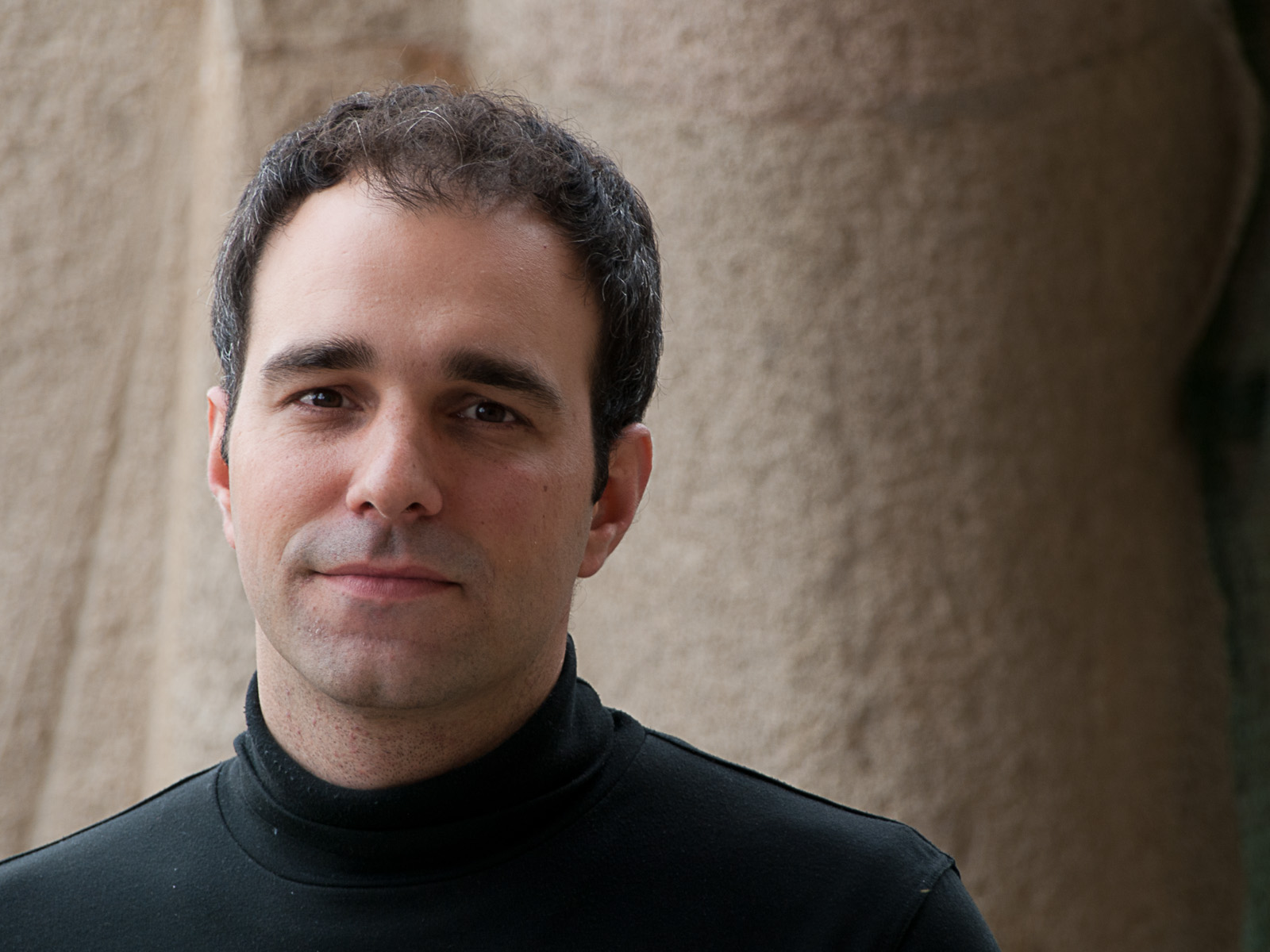 Juan de la Rubia, organ |
Juan de la Rubia Juan de la Rubia, is one of the most awarded organists of his generation. With a repertoire that addresses both the historical interpretation of early music as works of Romanticism and the XX and XXI centuries, has performed as a soloist in the halls and cycles highlights of Spain and abroad, and has to date five solo recordings. |
![]() About Paul Ballyk
About Paul Ballyk
all about Paul
Twitter •
| Thinking about purchasing this album?
Follow this link for more album details or to make the purchase. Buy it now |
“Not just recommended. Guaranteed.”
We stand behind every album featured on Expedition Audio. Our objective is to take the monetary risk out of music exploration. If you order this album from HBDirect.com and do not like it you can return it for a refund.
A German Soul - Praeambulum in D Major, WV. 33





